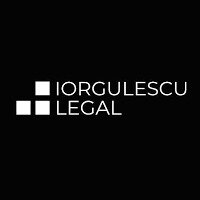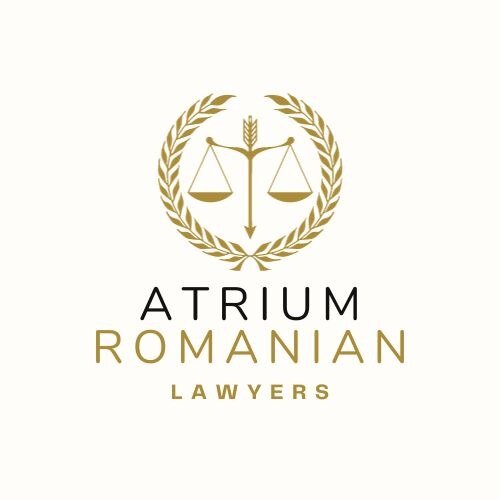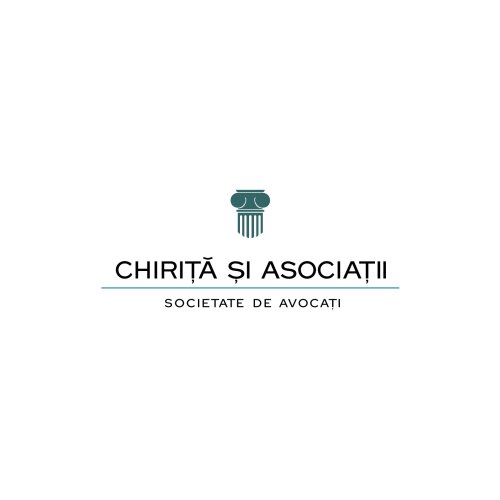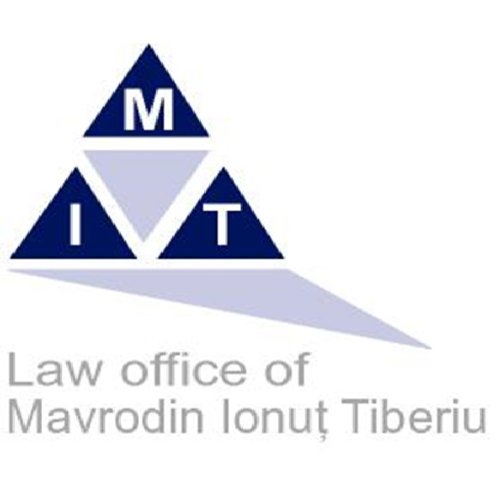Best Antitrust Lawyers in Romania
Share your needs with us, get contacted by law firms.
Free. Takes 2 min.
Or refine your search by selecting a city:
List of the best lawyers in Romania
About Antitrust Law in Romania
Antitrust law in Romania aims to ensure fair competition within the market, prevent monopolistic practices, and protect consumer interests. It is regulated primarily by the Competition Council, which oversees the enforcement of laws related to anticompetitive agreements, abuse of dominant position, and mergers that may significantly impede effective competition. Romanian antitrust regulations align closely with European Union competition laws, providing a robust framework for maintaining competitive market conditions.
Why You May Need a Lawyer
There are various situations where individuals and businesses might require legal assistance in the field of Antitrust. Common scenarios include dealing with allegations of anticompetitive practices, such as price-fixing or market allocation, defending against claims of abuse of dominance, seeking approval for mergers and acquisitions, or understanding compliance with both national and EU antitrust regulations. A lawyer can provide guidance on navigating complex legal procedures, represent clients in investigations or litigation, and offer strategic advice for compliance and risk management.
Local Laws Overview
Romanian antitrust law is governed by the Competition Law no. 21/1996, which has been amended several times to align with EU regulations. Key aspects include:
- Prohibition of agreements having as their object or effect the restriction of competition.
- Prevention of abuse by companies in a dominant market position to exploit consumers or eliminate competitors.
- Scrutiny of mergers and acquisitions that may reduce competitive market conditions, requiring notification and approval from the Competition Council.
- The legal framework also includes substantial penalties for non-compliance, which can significantly impact companies financially and reputationally.
Frequently Asked Questions
What is the role of the Competition Council in Romania?
The Competition Council is the national regulatory authority responsible for enforcing antitrust laws in Romania. It investigates anticompetitive practices, reviews mergers, imposes penalties, and provides guidance on compliance.
How are anticompetitive agreements identified?
Anticompetitive agreements, also known as cartels, may include activities like price-fixing, market allocation, or bid-rigging. They can be identified through investigations initiated by the Competition Council, tips from whistleblowers, or routine market monitoring.
What constitutes abuse of a dominant position?
Abuse of a dominant position involves practices by a company with significant market power that are intended to eliminate competition or exploit consumers, such as predatory pricing or refusal to supply essential services.
When is merger notification required?
Merger notification is required when the combined turnover of the involved parties meets specific thresholds or when the merger could significantly impede competition. Detailed criteria are set by the Competition Council to determine the necessity for notification.
What penalties can be imposed for antitrust violations?
Penalties for antitrust violations in Romania can range from fines up to 10% of a company's annual turnover to corrective measures such as divestitures, behavioral commitments, or nullification of anticompetitive agreements.
Can individuals report suspected antitrust violations?
Yes, individuals or companies can report suspected antitrust violations to the Competition Council. There are mechanisms in place to protect whistleblowers from retaliation.
How does Romanian antitrust law align with EU competition law?
Romanian antitrust law is closely modeled after EU competition law, ensuring compatibility and cooperation between Romanian and EU regulatory frameworks, particularly in cross-border cases.
What is a leniency program in antitrust law?
A leniency program allows participants in a cartel to report the cartel's activities to the authorities in exchange for reduced penalties. This encourages whistleblowing and helps authorities break up and penalize cartels.
How can a company ensure compliance with antitrust laws?
Companies can ensure compliance through regular training for employees, establishing internal compliance programs, seeking legal advice on contracts and market strategies, and maintaining open communication with antitrust authorities.
Are there exemptions to antitrust laws in Romania?
Certain practices may be exempted if they result in overall benefits to competition, such as efficiency gains or consumer benefits, as specified under Competition Law. However, these exemptions must meet strict criteria and often require approval from the Competition Council.
Additional Resources
For further guidance and information on antitrust issues, consider visiting or contacting the following resources:
- Competition Council: The primary regulatory authority in Romania handling antitrust matters.
- European Commission - Directorate-General for Competition: Offers resources and guidance on EU competition law that influences Romanian law.
- Romanian Bar Association: Provides access to qualified legal professionals specializing in antitrust law.
- Legal Publications and Journals: Access scholarly articles and practical guides on competition law published in Romania and the EU.
- Business and Industry Associations: Some associations offer support and resources on compliance and legal consultations.
Next Steps
If you require legal assistance with antitrust issues, consider taking the following steps:
- Evaluate the specific nature of your legal needs and gather pertinent information about your case or situation.
- Consult with a specialized antitrust lawyer or law firm with experience in Romanian and EU competition law for an initial evaluation.
- Ensure that you have documented any relevant communications, agreements, or practices related to your inquiry.
- Consider participating in information sessions or workshops hosted by the Competition Council or legal associations to better understand your rights and obligations.
- Maintain an ongoing dialogue with your legal advisor for updates on regulatory changes or further recommendations regarding your case.
Lawzana helps you find the best lawyers and law firms in Romania through a curated and pre-screened list of qualified legal professionals. Our platform offers rankings and detailed profiles of attorneys and law firms, allowing you to compare based on practice areas, including Antitrust, experience, and client feedback.
Each profile includes a description of the firm's areas of practice, client reviews, team members and partners, year of establishment, spoken languages, office locations, contact information, social media presence, and any published articles or resources. Most firms on our platform speak English and are experienced in both local and international legal matters.
Get a quote from top-rated law firms in Romania — quickly, securely, and without unnecessary hassle.
Disclaimer:
The information provided on this page is for general informational purposes only and does not constitute legal advice. While we strive to ensure the accuracy and relevance of the content, legal information may change over time, and interpretations of the law can vary. You should always consult with a qualified legal professional for advice specific to your situation.
We disclaim all liability for actions taken or not taken based on the content of this page. If you believe any information is incorrect or outdated, please contact us, and we will review and update it where appropriate.
Browse antitrust law firms by city in Romania
Refine your search by selecting a city.












